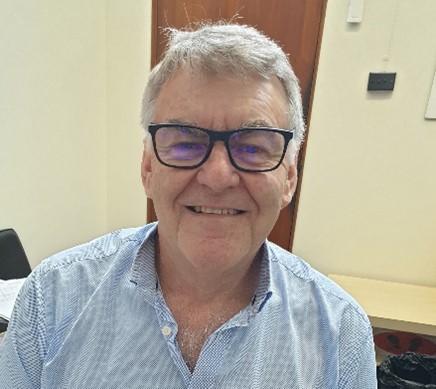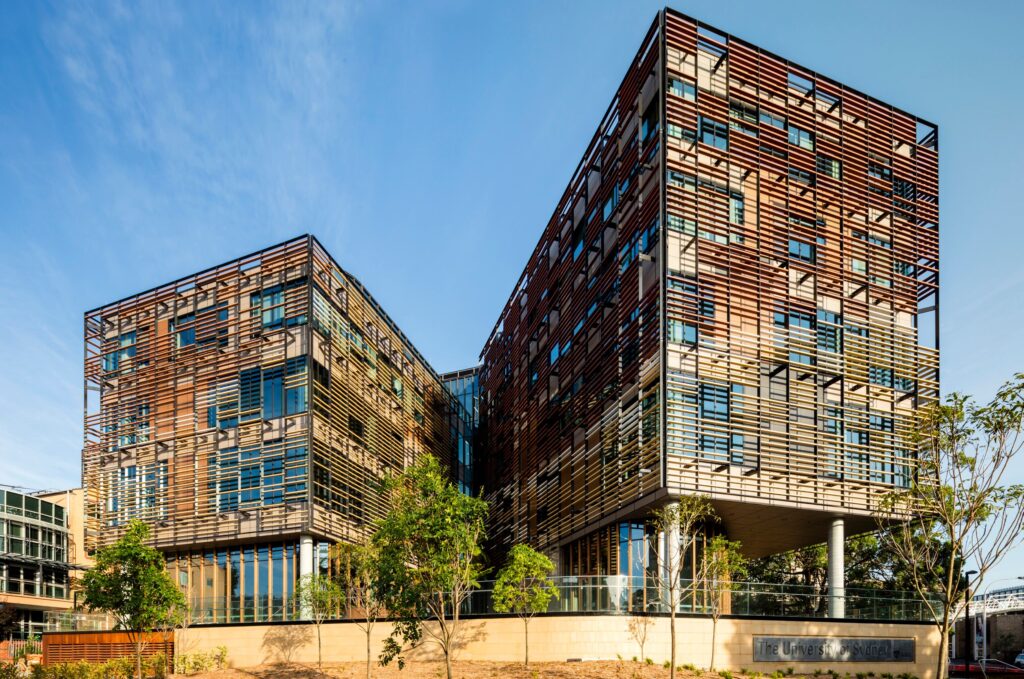Hon. Assoc. Prof. Peter Groves: A personal insight
By Christine Clark

Dr Peter Groves is an Honorary Associate Professor in Poultry Health at The University of Sydney and previously held the position of Director of the Poultry Research Foundation. He is retiring from the University this year but will continue to contribute to the poultry industry as a Veterinary Consultant through his company Zootechny Pty Ltd. His recent research interests have included Salmonella control, the epidemiology of Spotty Liver Disease and drinking water vaccination techniques with ILT vaccines.
Following graduation from the University of Sydney, Dr. Peter Groves worked in small animal and equine veterinary practice before joining Pfizer Agricare as a Veterinary Research Officer. Peter continued to work in the commercial environment with poultry research, veterinary and technical services managerial roles with Elanco Products, Ingham’s Enterprises and Baiada Poultry. Currently Peter is Director of Zootechny Pty Ltd and Honorary Associate Professor at The University of Sydney.
2012 winner of the World Poultry Science Association Australian Branch where Peter was recognised for his outstanding work of benefit to the Australian Poultry Industry. Acknowledging his great history in the industry and current activities, PRF had a few questions for Peter.
Peter shared his background and life after the PRF directorship: After retiring from the University, I have appreciated the more free time for family things but I am still consulting as a veterinarian to the free range layer industry in NSW, dealing mostly with the twin scourges of Spotty Liver Disease and Fowl Cholera. This seems to occupy my time quite well.
Recent outbreaks of avian influenza have the industry concerned. What are the key things to watch out for in Australia re AI?
Australia has had many AI outbreaks since the 1970’s, always with Australian derived strains and all H7. With the huge surge in the worldwide problems with the nasty H5N1 variety we need to be vigilant but not panicked. AI is generally spread by migratory wild waterfowl (Anseriformes – ducks, geese and swans). None of these species migrate to or through Australia, New Zealand and Oceania, so no outbreaks of this one in this zone yet. We do get migratory Charidriformes (shore birds and waders) but these are less likely carriers of the severe strains. But they could allow infection of our local ducks if they do bring it in. The H5 clade is prevalent in Indonesia, so getting close. If this spreads across the Wallace line into Irian Jaya and Papua/ Nuigini we will need to be watchful of the one migratory species that goes between there and Australia – the Golden Hooded Plover. This bird does tend to like being near poultry operations. Free range layer farming doubles the risk of exposure to AI from wild birds. Our main protection is keeping ranging poultry free from wild bird contact which means no open water sources near the ranges, good fencing and, most importantly, cleaning up any feed spills very promptly as this will attract wild birds near the sheds.
In Peters personal life- What are your weekend hobbies and grandchildren duties? On weekends I often run the soundboard in our local church (very incompetently I might add!). My son David (our favourite band leader for APSS) has two wonderful children, 4 years and 19 months old. Helping look after them is an exhausting joy but extremely fulfilling. Jayne and I hope to do more international travelling in the coming years, heading for Spain, Portugal and eastern Europe in 2025.
Latest news
Our events
- Final Chance to Register for APSS 2026 – Less than 3 Weeks Away!With just under 3 weeks until APSS 2026, now is your last opportunity to finalise your registration for this year’s premier poultry science event.
Connect with us:


